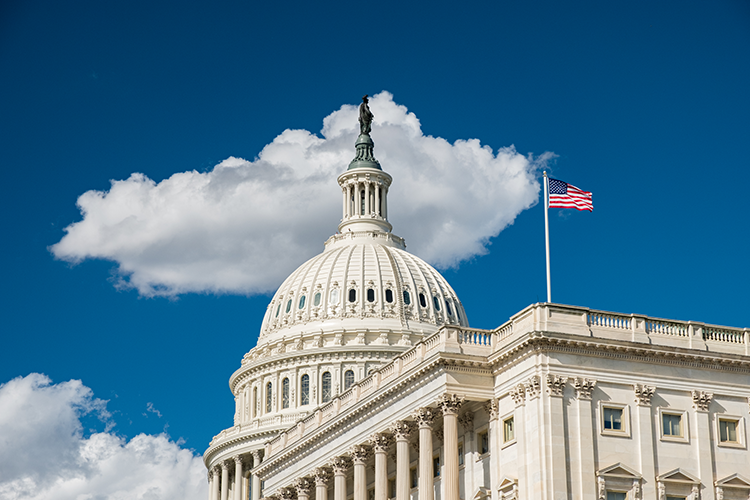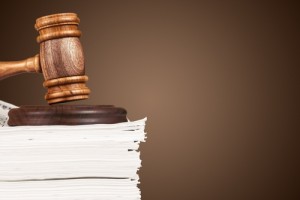SCOTUS accepts case on scope of law that could impact Jan. 6 prosecutions, case against Trump

According to the New York Times, a decision by the U.S. Supreme Court to grant cert for a Jan. 6, 2021, defendant “will complicate and perhaps delay” former President Donald Trump’s trial, scheduled to begin in March. Image from Shutterstock.
The U.S. Supreme Court has agreed to decide whether a Jan. 6, 2021, defendant can be prosecuted for corruptly obstructing an official congressional proceeding, a felony that carries a penalty of up to 20 years in prison.
The Supreme Court agreed to consider the issue in the case of Joseph W. Fischer, who lost his challenge to the obstruction prosecution before the U.S. Court of Appeals for the District of Columbia Circuit in April.
Fischer is asking the high court to consider whether the charge can be used when his acts in the U.S. Capitol on Jan. 6, 2021, were unrelated to congressional investigations and evidence.
The law is Section 1512(c) of Title 18 of the U.S. Code. It has been used to charge at least 327 Jan. 6 defendants—and also to charge former President Donald Trump in the election-interference case, Politico reports.
According to the New York Times, the decision to grant cert “will complicate and perhaps delay” Trump’s trial, scheduled to begin in March. The Supreme Court could rule as late as June. The outcome could affect two charges against Trump—a count of obstructing the vote certification and a count of conspiring to obstruct the proceeding, according to the New York Times and Bloomberg Law.
Court papers in Trump’s case suggest that prosecutors plan to use the obstruction charge to show jurors videos of the Capitol attack and possibly to introduce testimony from rioters who said they were acting on Trump’s instructions, according to the New York Times.
The obstruction law makes it a crime to “corruptly” alter, destroy, mutilate or conceal a record or document, with the intent to impair its integrity or availability for use in an official proceeding. A second prong of the law makes it a crime to corruptly obstruct, influence or impede an official proceeding or to attempt to do so.
The D.C. Circuit ruled that the second prong of the law could be used against Fischer and two other Jan. 6 defendants before the court, so there was no need to show tampering with documents. But the appeals court split on the meaning of the corrupt-intent requirement.
According to Fischer’s cert petition, he entered the Capitol “well after Congress recessed.” He pushed his way through the crowd, was knocked to the ground and returned a lost pair of handcuffs to a police officer as he got back up. He talked with an officer and patted him on the shoulder. But the crowd pushed Fischer into a police line, and he was pepper-sprayed. He left the building four minutes after entering.



